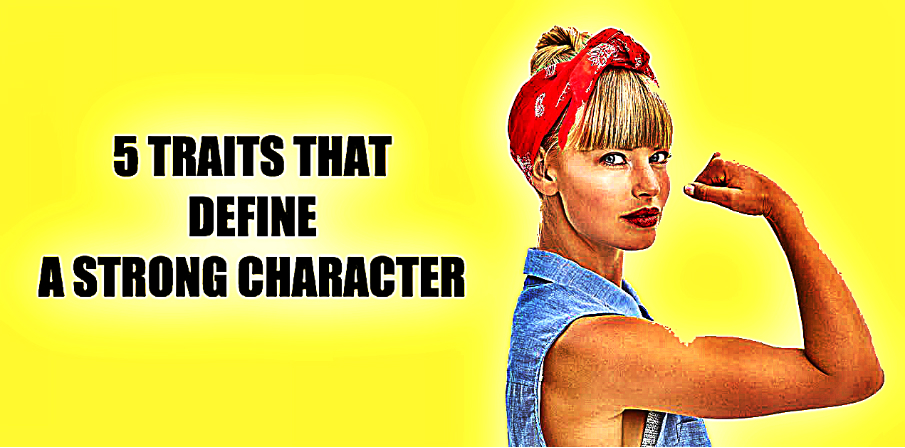The world is suffering not because it lacks good people who strive to work for the common good but because these good people have lost themselves in the middle of their journey.
At least, this is how Joan Halifax, social activist, humanitarian, anthropologist, and Buddhist teacher, sees it.
According to her, there are 5 psychological traits that define a strength of character, which she identified as altruism, empathy, integrity, respect, and engagement.
These virtues epitomize strength of character and hold great potential in helping a suffering world. You can read all about this theory in her book!
While all these virtues are ideal in themselves, they do have a downside, or low edges as she calls it.
These virtues can overwhelm the very people who are practicing them, and that’s probably the main reason why good people usually get lost and feel drained.
The 5 Traits That Define A Strength Of Character:
1. Altruism
Altruism means living for others. It is a selfless act of generously contributing to the world.
When done excessively, it can result in feelings of resentment and burnout, which can unintentionally harm the people we’re trying to serve.
To recover from the edge of altruism you should do something that might feel counterintuitive at first. You should do something selfish, something you like to do for yourself, without explaining or seeking approval from anyone. Remind yourself you can fill your own cup.
2. Empathy
Empathy is understanding others and feeling their feelings. It’s when we share their emotional experience as our own.
Problems start to arise when we over identify ourselves with the pains of others, allowing other’s trauma to get the best of us. This can usually result in empathic distress.
To recover from the edge of empathy you should do 2 things. First, establish strong boundaries that will prevent you from other people’s drama. Second, practice mindfulness. Remove your awareness from your feelings and observe them without judgment.
3. Integrity
Integrity is possessing moral uprightness and strongly following moral principles.
It can work against us when we fall into a moral paradox. This is a moral prison of suffering and distress. You have the urge to show outrage towards people who have violated ethical social or personal norms, but your personal principles prevent you from saying anything.
To recover from the edge of integrity you should let yourself be weak from time to time. This weakness is in context of letting yourself be the one who is negative, share your rage and emotions with others even if it looks like whining. Be the one who breaks your own principles when necessary, do not let them be your prison, that’s not why you created them.
4. Respect
Respect is practiced in three ways: respect for others, for principles, and for self. Respect is honoring everything that is life.
The low edge of respect is passive disrespect, a form of disrespect that happens when you go to an extreme with respect. This takes the form of lacking awareness and being mindless. By having too much respect you are bound to disrespect things that go against what you respect. The extreme of this trait pushes you in a position of disrespecting other’s freedom to make their own choices and the possibility that you might be wrong.
To recover from the edge of respect you should practice humbleness. Remind yourself that you are not perfect, that nobody is perfect, and that the more important thing than respect is kindness.
5. Engagement
Engagement is the trait of getting involved with things, be that of your importance, other’s importance or even the world’s importance.
The downsides of too much engagement are burnout, fatigue, cynicism, exhaustion, and hopelessness.
To recover from the edge of engagement you should do 3 things. Create a schedule that respects your energy. Meditate daily. Learn to say no. If things are not really important for you, say no. The world and other people are not your responsibility, you are.
Are You One Of These Good People With Strong Character?
If you find yourself in some of these traits, than, most probably you are one of these good, strong people that the world needs today.
The highs of these virtues bring enormous benefits to the world.
But when someone is at their edge due to unconsciously using these traits to more than what they can handle, it can result in unwanted consequences.
Good people are needed more than ever.
But good people with strong character who know how to handle their traits are the people who will actually make a real change in the world.
References:
– https://www.psychologytoday.com/us/blog/ethical-wisdom/201802/standing-the-edge-the-new-book-roshi-joan-halifax;
– Standing at the Edge: Finding Freedom Where Fear and Courage Meet;
